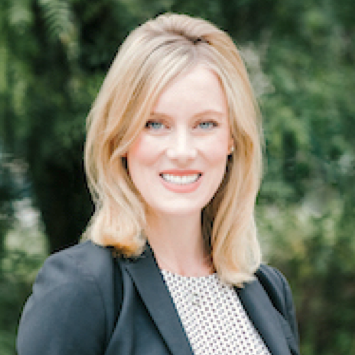Commission for Assessment and Evaluation
Monday, 2 April 2018 - 11:34am
2018 Student Affairs Assessment Institute
The Commission for Assessment and Evaluation (CAE) is excited to announce Chicago, IL as the location of the 2018 Student Affairs Assessment Institute! This year’s Institute marks the eighth year of CAE’s offering of this curriculum-based learning experience, and it’s safe to say that with seven Student Affairs Assessment Institutes in the books, we’ve learned a great deal. In the spirit of putting our own teaching into practice, the CAE is constantly reflecting on the efficacy of the Institute in an effort to refine our approach to best fit the ever-evolving needs of our community.
Are we resting on our laurels?
NO.
Are we using what we’ve learned to continuously improve?
ABSOLUTELY.
What we know: The Student Affairs Assessment Institute is a truly unique professional development opportunity in that it offers a guided, curricular experience for participants to gain practical knowledge and work through critical stumbling blocks related to conducting assessment, regardless of their incoming assessment competency levels. This focus on differentiated instruction is a strength of the Institute that is underscored year after year by participants. Take a moment to read reflections from past Institute participants Nick Daily and Jarvis Lane for more detail.
What we are doing: With the core intention of delivering differentiated instruction in mind, the Student Affairs Assessment Institute is using this knowledge as the basis for exciting adaptations to its curricular structure. After all, assessment findings shouldn’t only illuminate areas for improvement – they can also effectively underscore areas of strength to build upon. In particular, we’ve further refined the Institute’s two main tracks to better suit an even wider range of participants. Specifically, this year’s Institute will be comprised of the Program-Level Assessment and Assessment Coordination tracks. The former track focuses on a more “micro” approach to assessment that is best conceptualized within singular assessments. In contrast, the latter track takes a “macro” approach to thinking about assessment and its coordination across multiple areas or units.
What you can expect: Whether you are brand new to assessment, taking on different responsibilities, or charged with developing an assessment plan for an entire division, department or set of functional units, the Student Affairs Assessment Institute has been envisioned to serve you. In addition to navigating through one of the two main tracks mentioned above, participants of this year’s Institute can augment their learning with a wide offering of “Choose Your Own Adventure” style sessions, one-on-one assessment consultations with faculty members, interactive plenary sessions that invite dialogue, and more.
As the chair of the 2018 Assessment Institute and a returning member of both the Institute faculty and planning team, the Student Affairs Assessment Institute represents one of the most meaningful professional experiences I’ve engaged in to date. From the Commission for Assessment and Evaluation members who help to plan and shape this experience, to the participants who give it meaning and its own unique character each year, this Institute provides a hub for professionals in our community to connect, learn, and develop. Perhaps what is most notable about this opportunity, however, is the level of care and passion that goes into continually making the Institute a space where we can all do this. I know that I’ve been fortunate enough to find “my people” in the ACPA assessment community, and I hope that if you haven’t yet, you will too.
We hope to see you all in Chicago!
Allison Kanny, Chair 2018 Student Affairs Assessment Institute

The 2018 Student Affairs Assessment Institute will take place June 20 - 22, 2018 in Chicago, IL.
For scholarship information, visit the 2018 Student Affairs Assessment Institute website.
Have questions? Email Allison Kanny at Allison.Kanny@lmu.edu.

